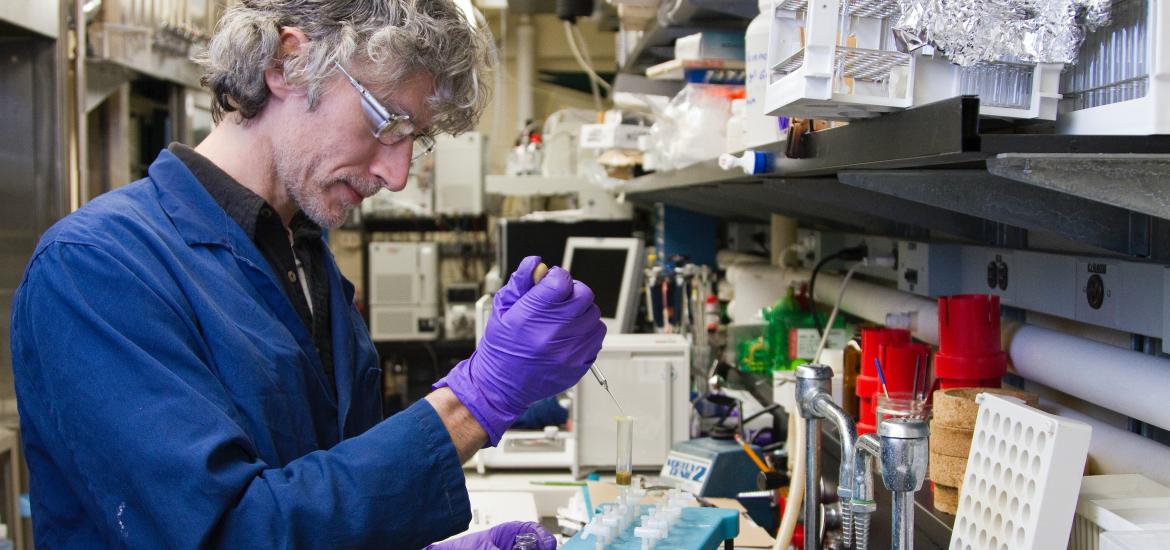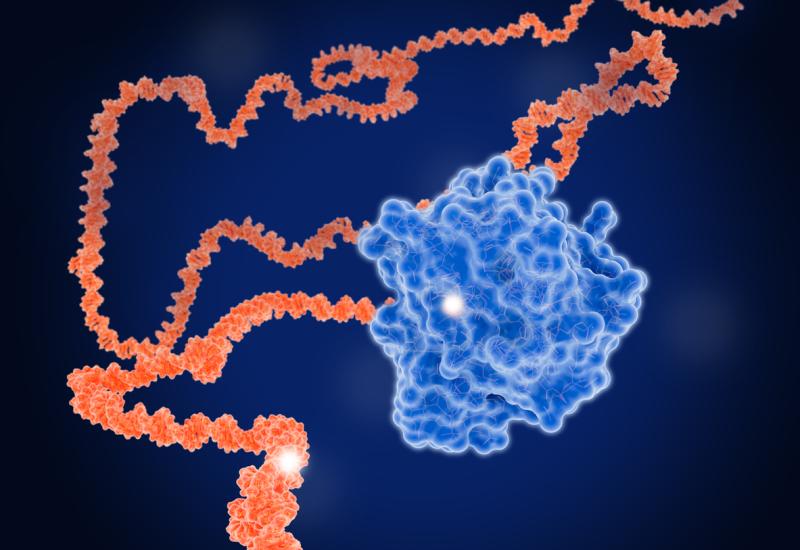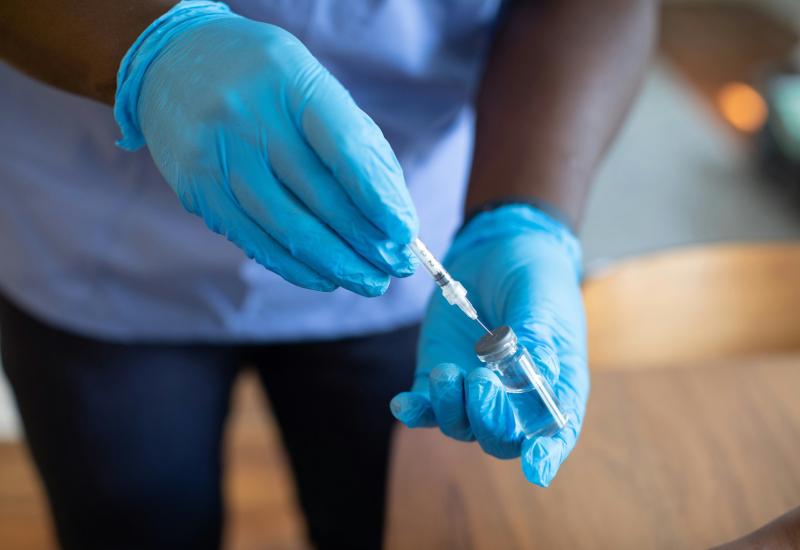
BeOne joins the Kat6 pack
BG-75202 features among several projects starting first-in-human trials.
BG-75202 features among several projects starting first-in-human trials.

Shortly after BeOne announced that it was joining Pfizer, Olema and Menarini in pursuing the KAT6 mechanism, a phase 1 study of its contender BG-75202 has been revealed on clinicaltrials.gov. According to the registry this will start before the year end, as BeOne had promised, and test monotherapy as well as several combinations.
Also notable among the new recent listings is a first-in-human trial of Johnson & Johnson’s JNJ-89862175. This had briefly emerged earlier this year, but J&J has been rather secretive about it – perhaps because its mechanism, binding to ENPP3, is already the subject of growing competition between the company and its former partner Xencor.
When BeOne’s BG-75202 starts phase 1 it will become the fifth KAT6 inhibitor in the clinic, according to OncologyPipeline. Pfizer’s prifetrastat is the most advanced, having already entered phase 3 in August, while Olema’s OP-3136, Menarini’s MEN2312 (licensed from InSilico Medicine) and Beijing Konruns’s KC1086 are in phase 1.
Like OP-3136, BG-75202 is specifically described as a KAT6A/B inhibitor, and BeOne claims that it has especially high selectivity against KAT7. The company first revealed the compound at its mid-year R&D day.
ENPP3 secrecy
The case of J&J’s JNJ-89862175 is curious, the molecule’s planned phase 1 study first appearing on – and quickly disappearing from – a registry run by AdventHealth Research Institute in April.
Perhaps the most notable aspect of the new clinicaltrials.gov entry is that it confirms JNJ-89862175 as being an ADC against ENPP3. Xencor, a company with which J&J had until recently collaborated on the separate project plamotamab, lists the anti-ENPP3 T-cell engager XmAb819 as its lead project, and J&J is separately developing its own anti-ENPP3 T-cell engager, JNJ-87890387.
Recently disclosed first-in-human studies*
| Project | Mechanism | Company | Trial | Scheduled start |
|---|---|---|---|---|
| KQB548 | KRAS G12D inhibitor | Kumquat/ Bayer | Solid tumours | 16 Sep 2025 |
| JNJ-89862175 | ENPP3 ADC | Johnson & Johnson | Solid tumours | 10 Oct 2025 |
| RNDO-564 | Nectin-4 x CD28 MAb | Rondo Therapeutics | Solid tumours, +/-Keytruda | 30 Oct 2025 |
| VIB305 | Undisclosed, poss T-cell engager | Vibrant Therapeutics | Solid tumours | 30 Oct 2025 |
| JMKX005425 | Undisclosed | Jemincare | MSI-H/dMMR solid tumours | Oct 2025 |
| GDC-0587/ RGT-587 | CDK4 inhibitor | Regor/ Roche | +/-giredestrant in ER+/HER2- breast cancer | 1 Nov 2025 |
| BG-75202 | KAT6A/B inhibitor | BeOne | Solid tumours, monoRx + combos | Dec 2025 |
| SB-4826 | SUMO E1 inhibitor | Oncovalent Therapeutics | IST in solid tumours or non-Hodgkin lymphomas | Feb 2026 |
Note: *projects newly listed on the clinicaltrials.gov database between 17 and 31 Oct 2025.
First-in-human initiations are also notable for including two molecules that were the subject of recent licensing deals: the KRAS G12D inhibitor KQB548, and the CDK4 inhibitor GDC-0587.
Kumquat licensed the former to Bayer in August for an undisclosed amount. The latter, however, attracted a meaty $850m in September 2024 from Roche, which thus gained access to a portfolio of CDK4 inhibitors originated by the private US biotech Regor Pharmaceuticals; GDC-0587, formerly coded RGT-587, is said to be brain penetrant, and to avoid some of the toxicity of CDK4/6 inhibition.
Among other projects, the private biotech Rondo Therapeutics has just become a clinical player, after its lead, RNDO-564, entered a phase 1 study, with or without Keytruda, last month.
This shows yet more confidence, against the odds, in co-stimulation, in Rondo’s case with CD28 agonism; RNDO-564 is a bispecific MAb with activity at Nectin-4 and CD28. It’s due to feature in a preclinical poster at the SITC meeting, and at last year’s SITC was said to hold the potential to improve T-cell survival and proliferation while minimising risk of systemic immune activation.
And another project originated by a private biotech, Oncovalent Therapeutics’ SUMO E1 inhibitor SB-4826, is to be tested clinically in February. However, this study will be sponsored by academics rather than the company; indeed, SB-4826 last featured at a scientific meeting at the 2023 AACR, and the status of Oncovalent is is unclear.
2506













